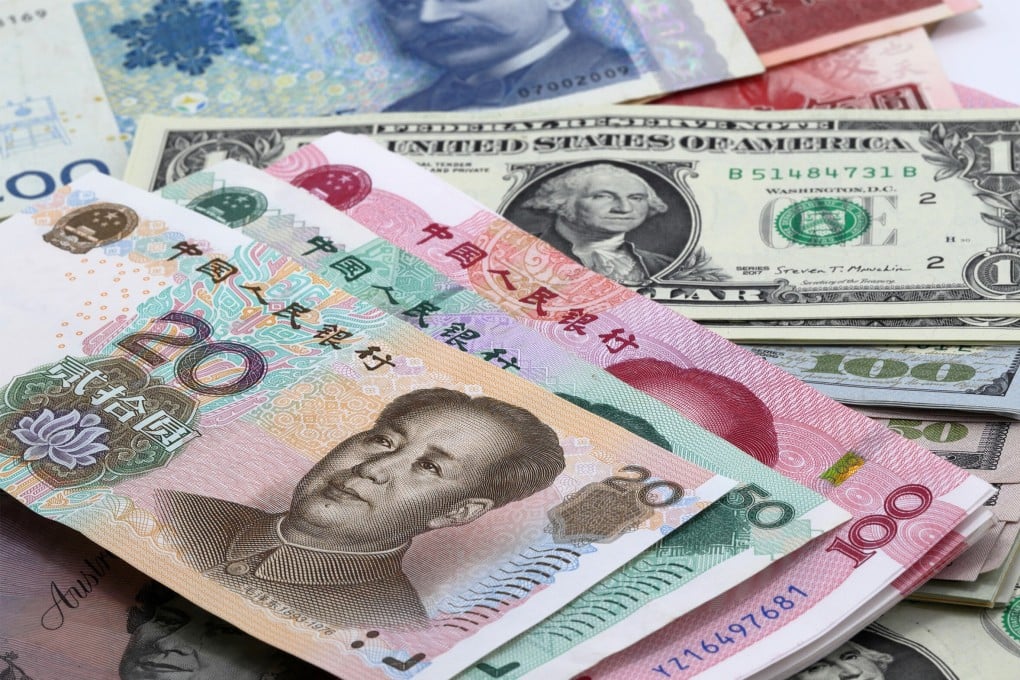Editorial | China has to accept US dollar remains dominant for now
- However, in the longer term, Beijing must internationalise the yuan and continue with financial reforms if the currency is to gain greater acceptance for global trade

The “nuclear option” is not even an option for the Trump White House any more, as denying the Chinese access to Swift would mean they have no means of paying for American farm products. Longer term, though, China must internationalise and liberalise the yuan and continue with financial reforms, if the currency is to have a fighting chance of gaining greater acceptance for global trade and investment against the dominance of the US dollar.
But reforms – easing capital account convertibility, liberalising the exchange rate regime and promoting the yuan as an international reserve currency – will take time. Beijing is right to make progress at a pace and manner of its choosing. Ultimately, though, the internationalisation of the yuan is a function of trade and diplomacy, not a unilateral decision by China. Its popularity simply depends on attracting enough counterparties who want to use the yuan to trade. In the meantime, though, China will have to carefully manage relations with the United States to make sure the global economic and financial environment does not turn overtly hostile and make China’s domestic reforms even more challenging.
